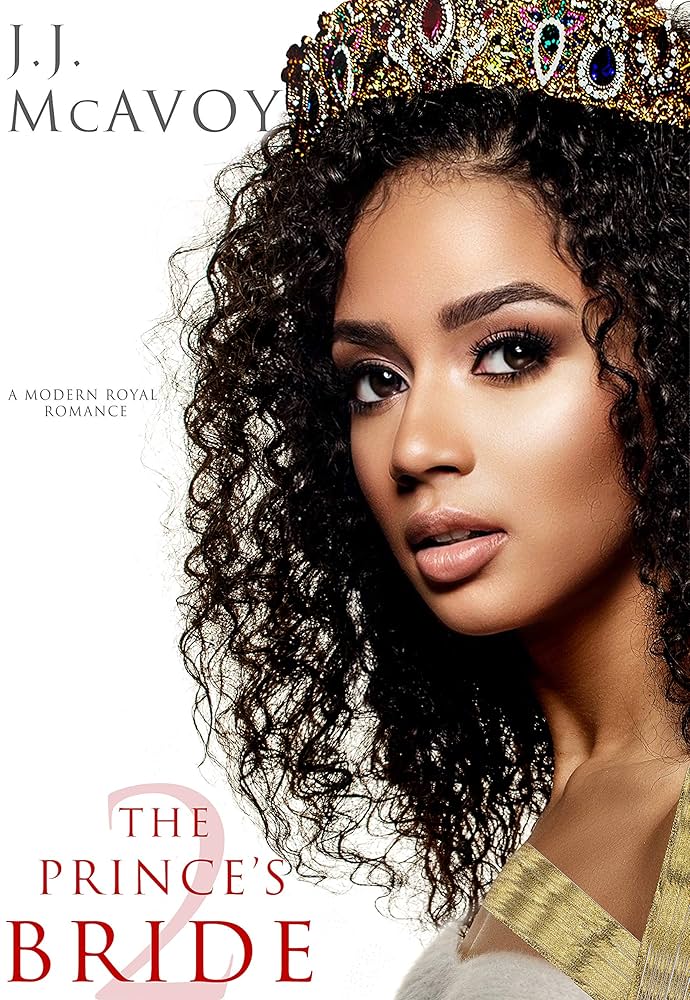Meghan Markle is back in the spotlight, but this time it’s not for her royal ties or Hollywood connections.
Instead, she has ventured into children’s literature with her book, The Bench.
However, this literary debut has sparked more criticism than admiration, raising eyebrows among authors and critics alike.
Many are questioning whether celebrities should even attempt to write, especially when they have a wealth of resources at their disposal.
The Bench has been labeled a flop by publications like The Guardian, reporting that despite the initial excitement surrounding its release, the book’s sales have been disappointing.
Since hitting the shelves in 2021, only around 8,000 copies have found homes in the UK—a number that falls far short of what one would expect from a bestseller.
This raises the question: is celebrity status enough to guarantee success in the literary world?
Children’s author Joshua Siegel didn’t mince words when discussing the impact of celebrity authors on the industry.
He pointed out the skill and dedication required to create meaningful children’s literature, stating, “These celebrities don’t need any more money or exposure, but plenty of genuine writers do.”
His remarks highlight the frustrations many face as they strive to break into a field often overshadowed by high-profile figures.
Adding fuel to the fire, it has been reported that Meghan received a staggering £500,000 for her 40-page book.
Many are left wondering if such a hefty payment is justified for what some perceive as little more than an extended pamphlet.
In contrast, aspiring authors like James A. Leon share tales of relentless rejections, having sent out 180 queries for their manuscripts, only to be met with disappointment.
Meanwhile, Meghan’s royal status seemingly allowed her to waltz into the publishing world with minimal hurdles.
Catherine Rundell, another frustrated author, expressed her weariness with celebrities who attach their names to ghostwritten children’s books.
She likened this practice to an artist claiming credit for a piece they did not create, arguing that it diminishes the value of authentic talent and creates confusion in the realm of children’s literature.
Is it fair that those with fewer qualifications can overshadow skilled writers?
While marketed as a children’s book, Meghan described The Bench as a heartfelt gift to Prince Harry on his first Father’s Day—a sentiment that might resonate more as a personal keepsake than a suitable read for kids.
Critics argue that although the book touches on father-son relationships, it fails to delve deeply enough to truly connect with young readers.
For those searching for a captivating children’s story, alternatives like The Fox Who Stole the Moon may offer a more engaging experience.
The controversy doesn’t end there.
Rumors have circulated that Meghan’s team employed creative financial tactics to boost sales figures.
Reports suggest that a substantial purchase was made by the Archule Foundation, which later donated the books to schools and libraries.
This maneuver not only inflated sales numbers but also provided a veneer of charitable goodwill.
During a recent school visit in New York, parents were allegedly encouraged to buy copies for their children, further intensifying the backlash against Meghan’s literary efforts.
The Irish Times even noted that a review of The Bench featured more quotes from the book than actual critique, pointing to a troubling trend in how celebrity works are received.
